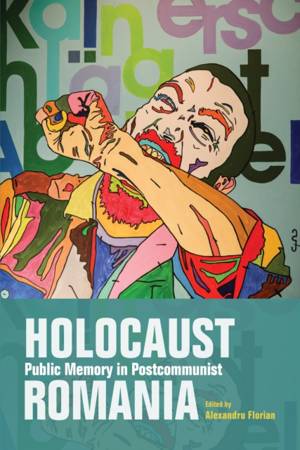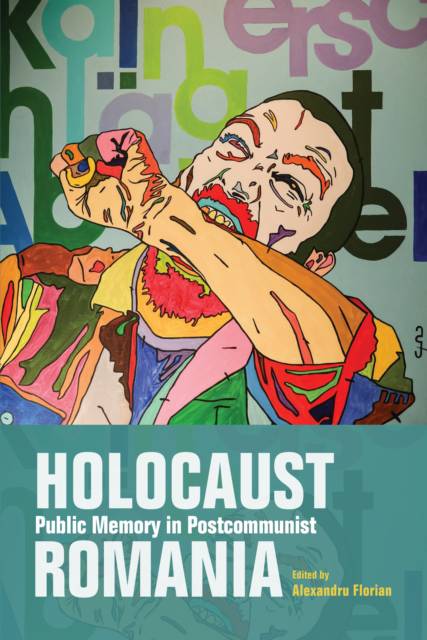
- Retrait gratuit dans votre magasin Club
- 7.000.000 titres dans notre catalogue
- Payer en toute sécurité
- Toujours un magasin près de chez vous
- Retrait gratuit dans votre magasin Club
- 7.000.0000 titres dans notre catalogue
- Payer en toute sécurité
- Toujours un magasin près de chez vous
Holocaust Public Memory in Postcommunist Romania
Description
How is the Holocaust remembered in Romania since the fall of communism? Alexandru Florian and an international group of contributors unveil how and why Romania, a place where large segments of the Jewish and Roma populations perished, still fails to address its recent past. These essays focus on the roles of government and public actors that choose to promote, construct, defend, or contest the memory of the Holocaust, as well as the tools--the press, the media, monuments, and commemorations--that create public memory. Coming from a variety of perspectives, these essays provide a compelling view of what memories exist, how they are sustained, how they can be distorted, and how public remembrance of the Holocaust can be encouraged in Romanian society today.
Spécifications
Parties prenantes
- Editeur:
Contenu
- Nombre de pages :
- 352
- Langue:
- Anglais
- Collection :
Caractéristiques
- EAN:
- 9780253032706
- Date de parution :
- 24-01-18
- Format:
- Livre relié
- Format numérique:
- Genaaid
- Dimensions :
- 152 mm x 229 mm
- Poids :
- 648 g

Les avis
Nous publions uniquement les avis qui respectent les conditions requises. Consultez nos conditions pour les avis.





